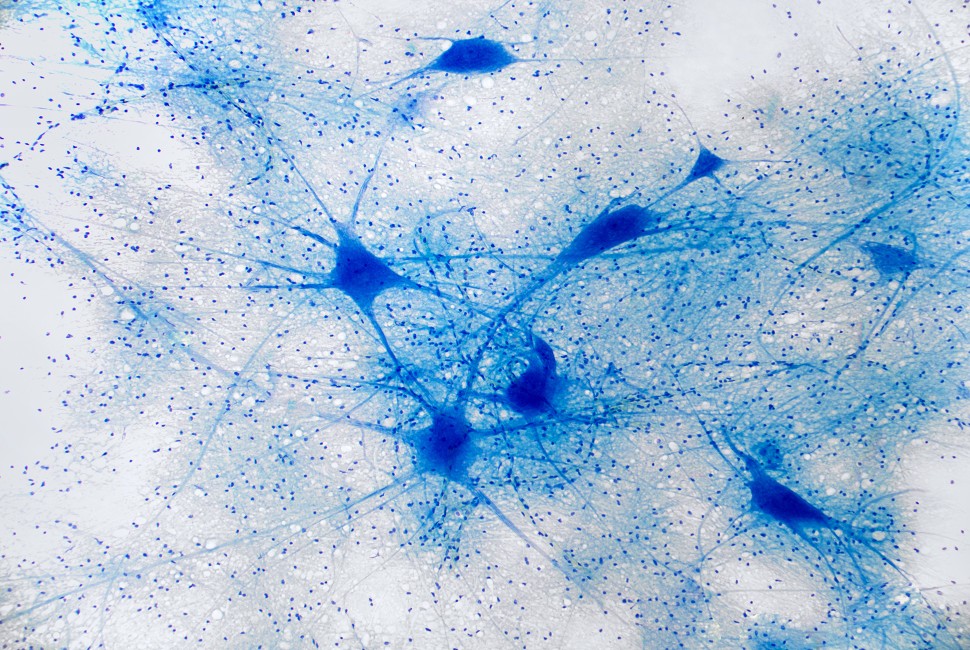The viral ALS Ice Bucket Challenge a few years ago raised major funding that resulted in the discovery of new genes connected to the disease. One of those genes is NEK1, in which mutations have been linked to as much as 2% of all ALS cases, making it one of the top-known causes of the disease.
But it wasn’t known how the mutated gene disrupts the function of the motor neuron and causes it to degenerate and die.
Northwestern Medicine scientists have discovered for the first time how this mutated gene leads to ALS (amyotrophic lateral sclerosis).
The investigators found the mutation causes two problems in the neuron. The first is that it causes the structures supporting the axon in the neuron to become less stable and susceptible to collapsing. (The axon is the thinner-than-a-human-hair cable leading from the cell that sends electrical messages to other neurons.)
The second problem the scientists discovered is that the mutation disrupts the ability of the neuron to import cargo in the form of RNA or proteins into its nucleus, a process called nuclear import. Without the import of RNA – which carries instructions from the DNA – and critical proteins, the operational role of nucleus for the cell’s function is disrupted.
The paper was published August 16 in Science Advances.

